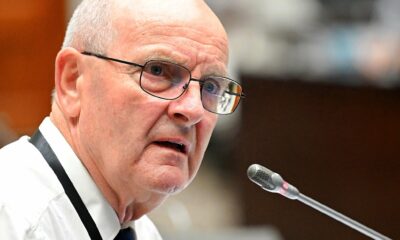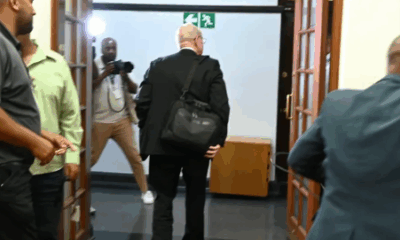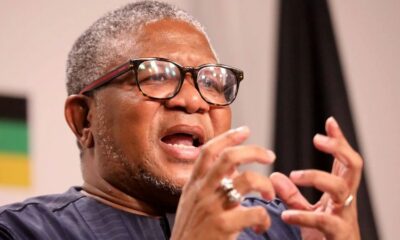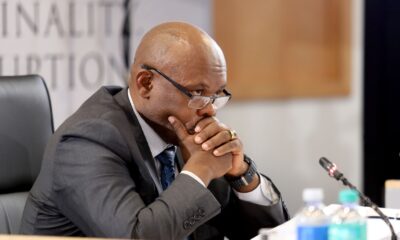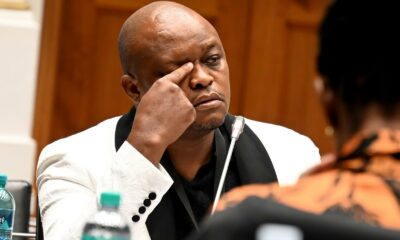News
Long Night in Parliament: Mkhwanazi Inquiry Committee Battles Over Terms of Reference
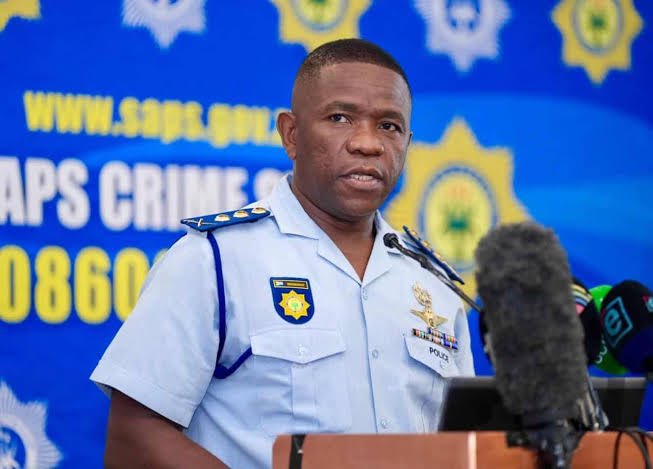
A meeting meant to last three hours stretched deep into the night
What was supposed to be a neat, three-hour virtual meeting on Monday ballooned into a 10-hour marathon, leaving MPs bleary-eyed and frustrated. At the centre of it all: the draft terms of reference for Parliament’s ad hoc committee probing KwaZulu-Natal Police Commissioner Nhlanhla Mkhwanazi’s explosive allegations.
The stakes are high. This committee has until 31 October to wrap up its work, operating separately from a forthcoming judicial commission of inquiry chaired by former acting deputy chief justice Mbuyiseli Madlanga.
But if the first round of wrangling is anything to go by, smooth sailing isn’t guaranteed.
Heated debates over what to include and what to leave out
The meeting zigzagged through a dense document covering everything from the inquiry’s scope and witness procedures to where hearings should be held.
-
The MK party argued for tighter rules on how to handle classified documents, warning against secrecy being used to “cover up criminality.”
-
The EFF’s Leigh-Ann Mathys backed that concern, saying declassification processes must be used to expose wrongdoing.
-
The DA pushed for monthly progress reports to the National Assembly, insisting that South Africans deserve regular updates rather than radio silence until October. But Parliament’s legal advisers shut this down, saying the committee is mandated to deliver only a final report.
The ANC proposed that witnesses should be called based on Mkhwanazi’s testimony, with the commissioner himself expected to take the hot seat first. Others cautioned against narrowing the inquiry to just one man’s word.
Frustration over management
Not everyone was impressed with how the marathon session was run. ActionSA MP Dereleen James slammed the meeting as “poorly managed,” accusing colleagues of derailing discussions with constant interruptions.
“We moved haphazardly from page to page between vastly different and unrelated submissions in a manner that was neither coherent nor streamlined,” she complained.
MK party MP David Skosana had a simpler description: a “marathon meeting.”
Public participation and next steps
Despite the chaos, some progress was made. The committee agreed that public participation would be central to the process, with hearings expected to start in Johannesburg before moving to Cape Town after recess. Hybrid sessions were ruled out, sittings will be physical only.
External legal counsel will assist, but their role will be limited to organising and presenting evidence. A proposal to bring in an outside forensic investigator was rejected.
Parliamentary staff will now prepare a draft programme setting out timelines. The final terms of reference are expected to be circulated within two days.
Why this matters
South Africans will be watching closely. Mkhwanazi’s claims strike at the heart of policing in KwaZulu-Natal, a province that has seen repeated crises in law enforcement. The way this committee handles its work, transparently or behind closed doors, could shape public trust not just in the outcome, but in Parliament itself.
{Source: The Citizen}
Follow Joburg ETC on Facebook, Twitter , TikTok and Instagram
For more News in Johannesburg, visit joburgetc.com



